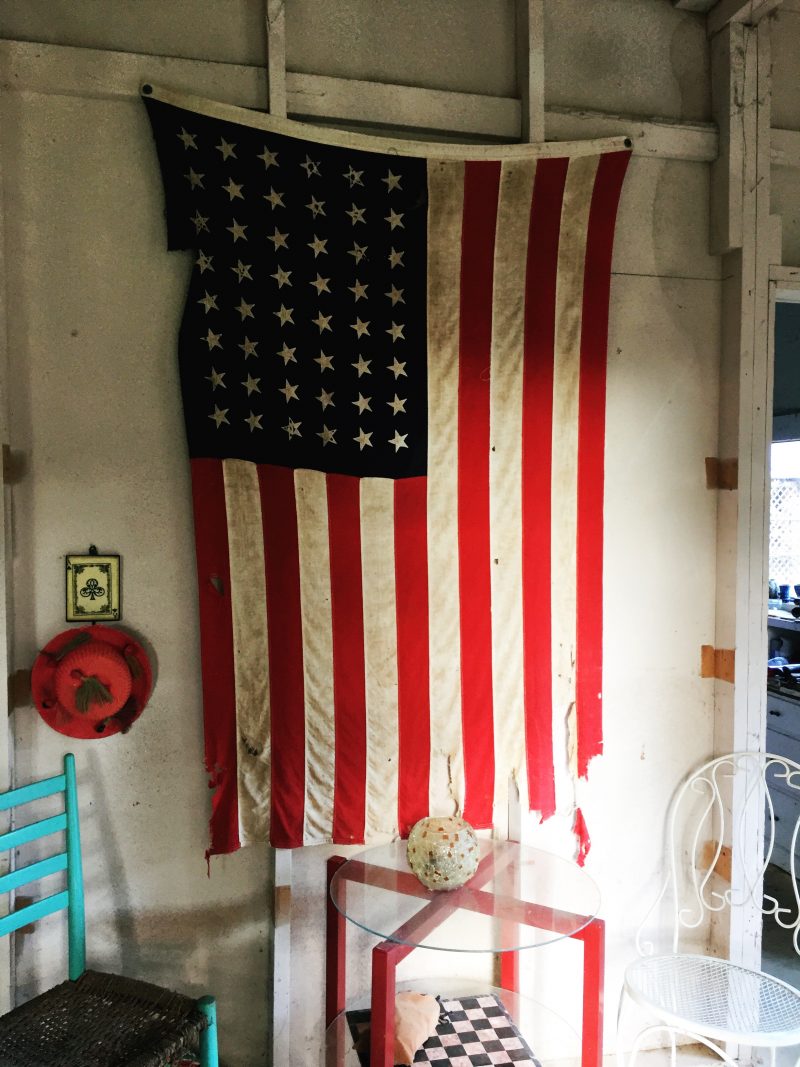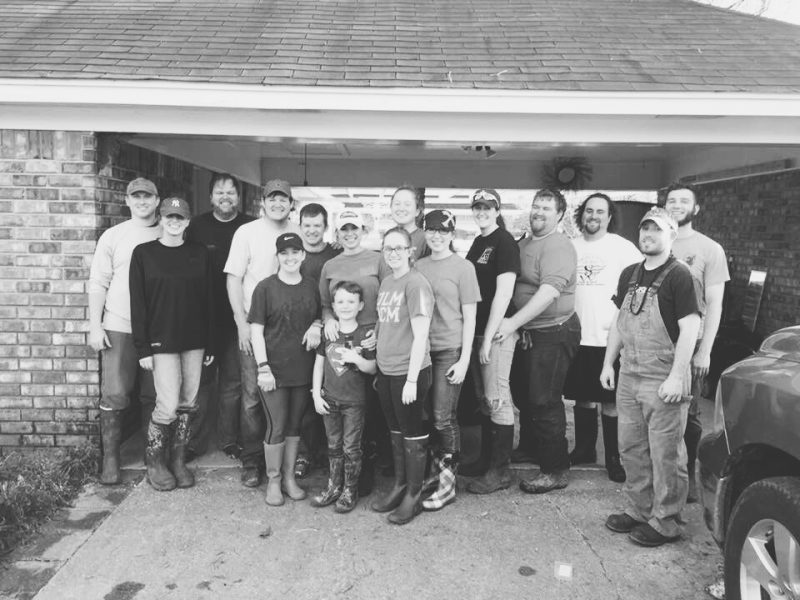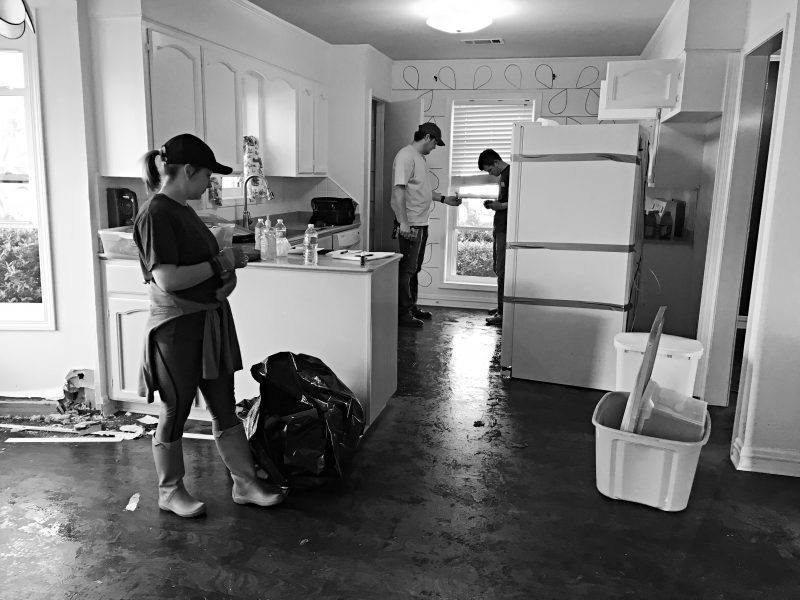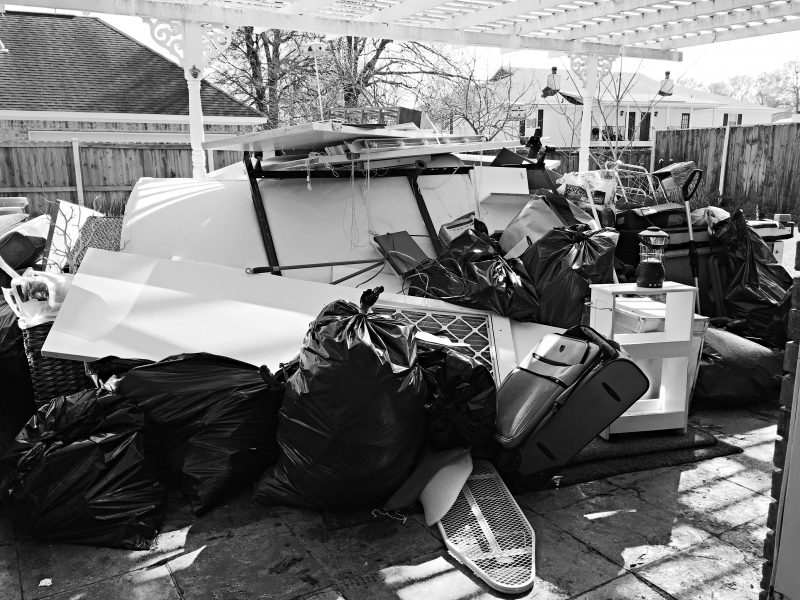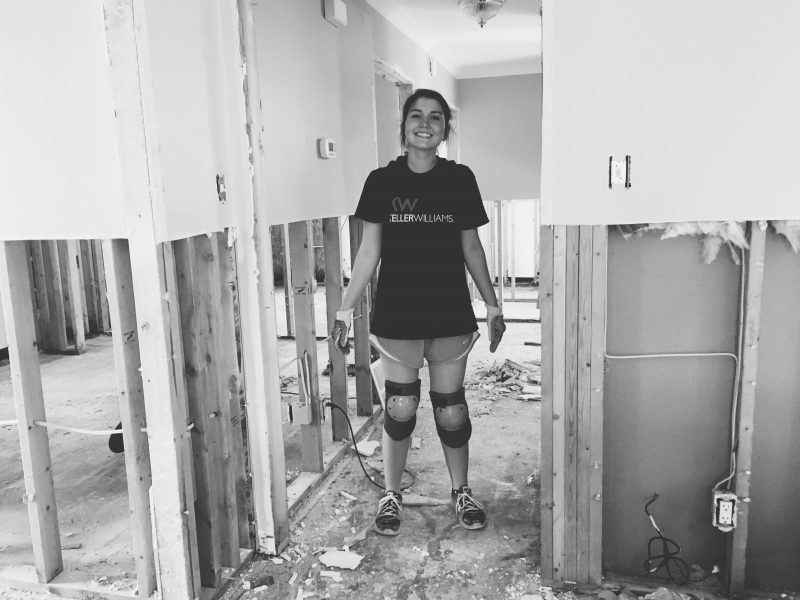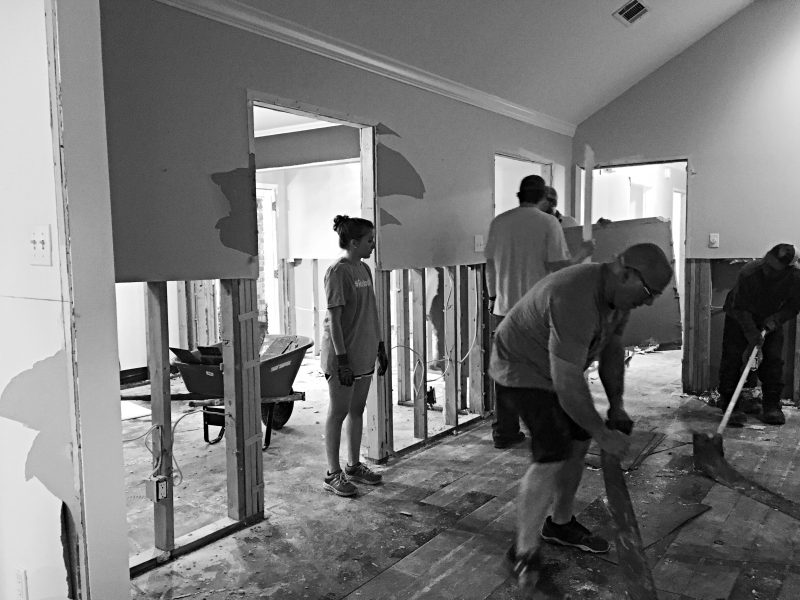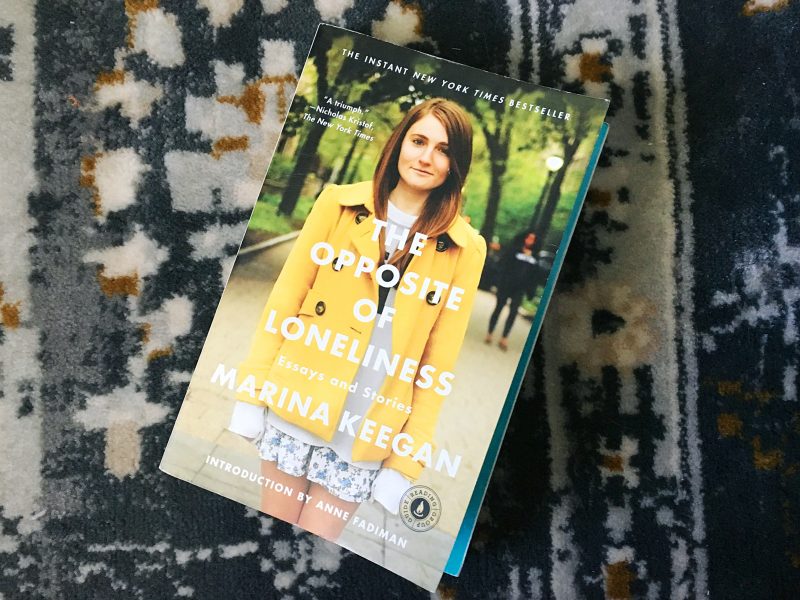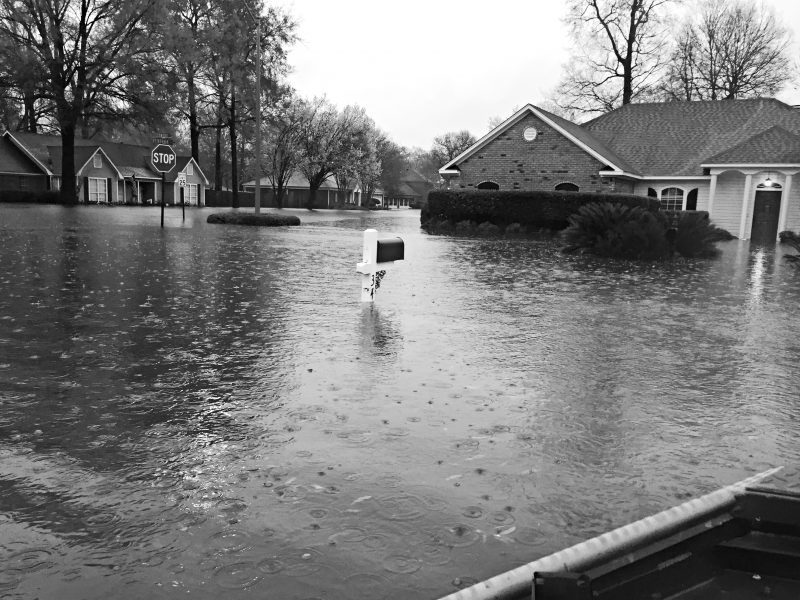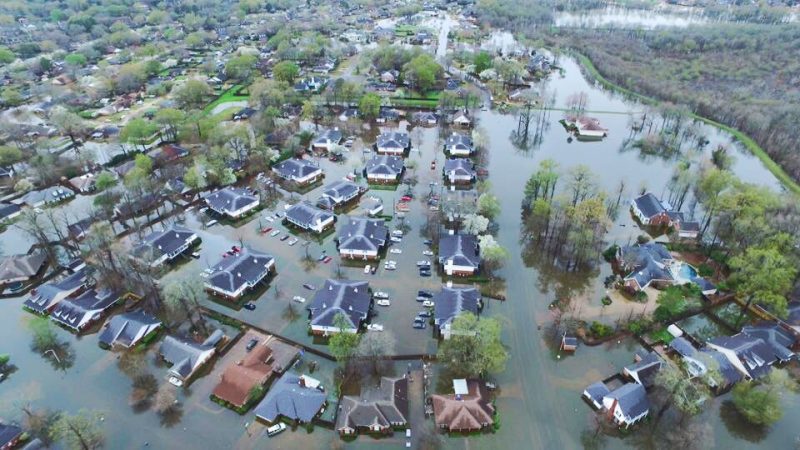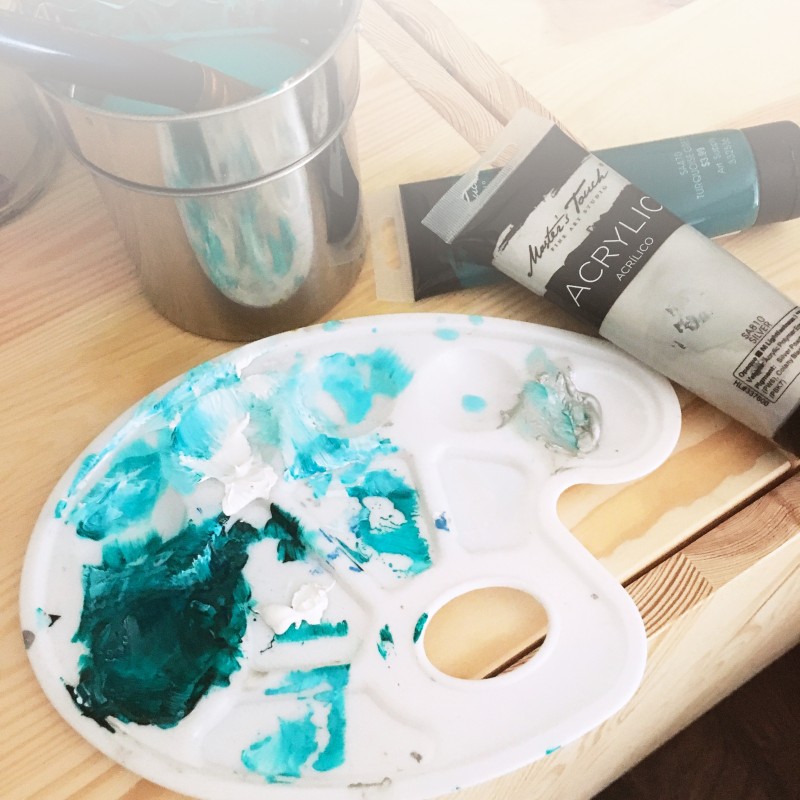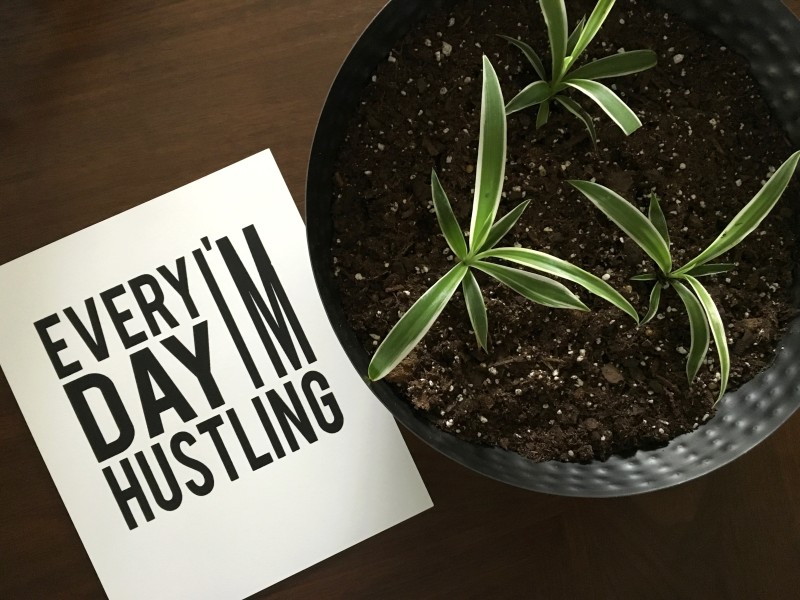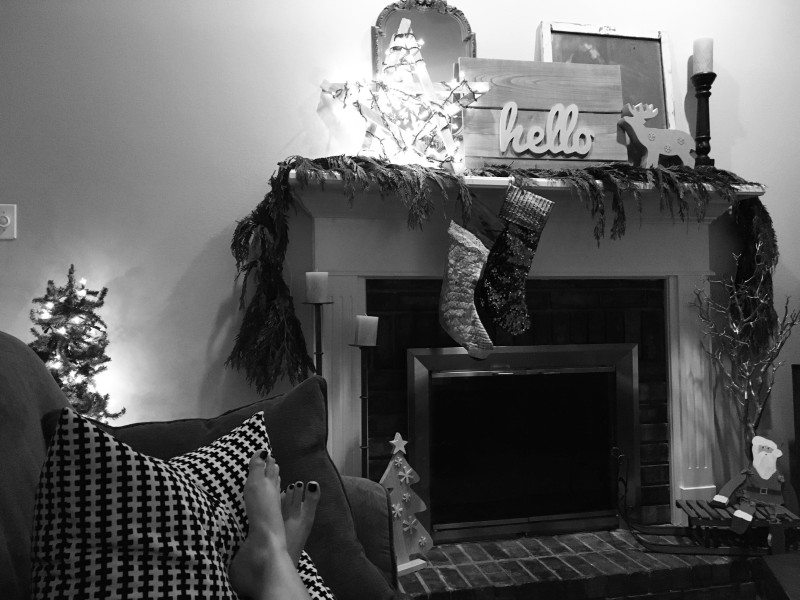 They say the first step is admitting you have a problem. And there could be all sorts of problems – addiction, greed, poor eating habits – you name it. Yet those aren’t what I have to share today.
They say the first step is admitting you have a problem. And there could be all sorts of problems – addiction, greed, poor eating habits – you name it. Yet those aren’t what I have to share today.
Instead of your most frequently diagnosed “problems,” my problem is with achievement. And I’m willing to admit that it, too, is an addiction. Since I can remember, I’ve been an over-achiever. Type A. Perfectionist. A real go-getter. Work horse. You can call it whatever you’d like. The fact of the matter is, I’ve used hard work to mask my own insecurities and as a marker of my value. I’ve placed my self-worth on how hard I work and what various accomplishments I reach.
Don’t be confused. I am a firm believer in a strong work ethic and setting challenging goals. I love goals. Have all the goals. It’s important to make note of the line in the sand though. Work ethic and goals are one thing, positive things even. Using those things to justify your worth, however, is not.
I’ve talked briefly about the glorification of “busy” before, and since then I’ve focused on removing that word from my vocabulary. I don’t want to be busy. I don’t want to compete for the trophy of being the most tired, ragged, and worn out. Being “busy” isn’t cool anymore. Early on in Present over Perfect, the writer talks about a group of friends who help each other take a simpler approach and focus on self-care. She says, “Instead of competing for who’s busier or who’s more tired, who’s keeping more balls in the air, we’re constantly looking for ways to help each other’s lives get lighter, easier to carry, closer to the heart of what we love, less clogged with expectations and unnecessary tasks.” I want these friends. Honestly, I need these friends. I’m not sure that I know where to start on my own.
I’ve been struggling with the realization that my worth is tied to my work lately, and quite frankly, I’ve been trying to ignore it. No one, not even me as a personal growth junkie wants to dig that deep and challenge their very core. Repress, repress has been the name of my game here. Don’t pay any attention to that little voice telling you to reevaluate things and it won’t become real. As I began to read the first few pages of Present over Perfect, I could not focus over the sound of my own mind screaming, “That’s me! That’s me!” The author talks about feeling exhausted and her dreams involving nights alone in complete silence with nothing to do. And sleep. Ah, the thought of a good night’s sleep and feeling rested…preach it, sister!
As I flipped through the first few pages, I knew I wasn’t hiding from this notion of self-care any longer. It was finally time to take stock and identify a better, more compassionate (to myself) way of living. There is an immediate problem though – even though I penciled in “self-care” as a goal for October, I don’t truly understand the concept. I’ve never practiced this approach and the very ideal makes me feel anxious. My approach with myself has been more like that of a pissed off drill sergeant. “Work harder! Do more! You can’t stop yet! Toughen up!” are the types of things I’d say to myself quietly and sometimes even aloud. “Get your shit together,” has often been my motto.
To begin to think seriously about how I talk to and treat myself scares me. Thinking seriously about self-care feels overwhelming. The concept is so foreign and I hardly know where to begin. I’m tempted to smack myself around a bit and give myself a stern talking to, just for “wasting time” on these thoughts. Nonetheless, my rational mind tells me that I’m deflecting and avoiding emotion and that I need to explore this more. What am I hiding from? What emotions and insecurities or fears am I masking by always working harder? Why when I’m not working do I feel like I should be doing something for someone else? Why do I feel undeserving of rest and personal care? I’m not sure what the answers to these questions are yet, and I know it won’t be an easy process to discover them.
“Richard Rohr says the skills that take you through the first half of your life are entirely unhelpful for the second half. To press the point a little bit: those skills I developed that supposedly served me well for the first half, as I inspect them a little more closely, didn’t actually serve me at all. They made me responsible and capable and really, really tired. They made me productive and practical, and inch by inch, year by year, they moved me further and further from the warm, whimsical person I used to be….and I missed her.” – Shauna Niequist, Present over Perfect
I would never classify myself as “whimsical,” and truthfully not particularly “warm” either. However, I can say with certainty that I can relate to this statement. The skills I’ve mastered thus far have been skills that helped me excel in academics and in my career, and much like the author mentions, they’ve also prevented me from resting and taking care of myself both mentally and physically. While I hope I’m not at the midpoint of my life as she references, I can easily see how the skills I’ve developed thus far are not serving me well either. Coming to this realization before my midlife point doesn’t really surprise me – I’ve always been “mature for my age,” another example of my tendency toward over-achievement. Is it possible to take stock of your life and methods at the young age of 30? I think so. Actually, I know so, because as these words leap from her pages, slapping me in the face with reality, I know that I must begin identifying what skills will serve me going forward and do away with many of the ones I’ve mastered so far.
To (hopefully) be continued….

